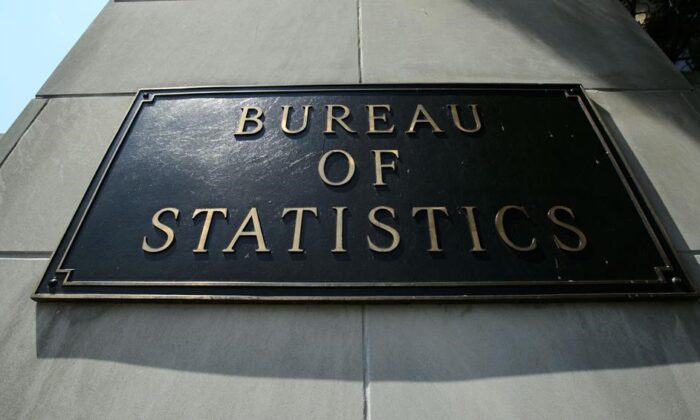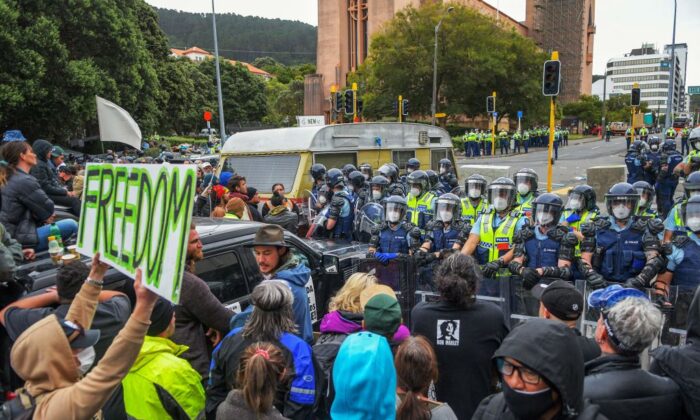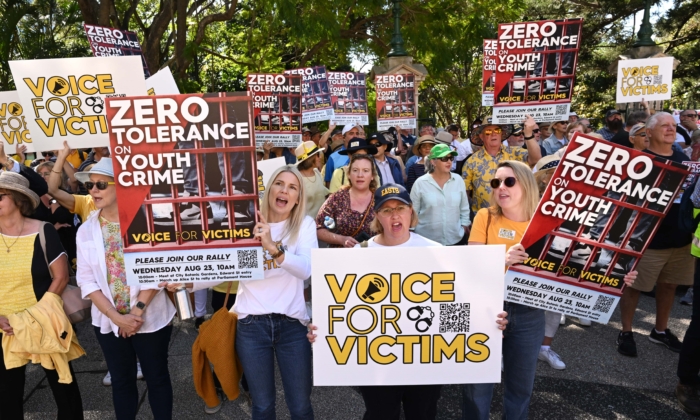The Canadian Border Services Agency has been unable to seize shipments of slave-made goods from entering the country since cabinet cracked down in 2020 on the import of goods made under forced labour conditions, federal records show.
The border agency said it has intercepted just one shipment since July of 2020, according to an Inquiry of Ministry first obtained by Blacklock’s Reporter. The shipment arrived to Canada from China on Sept. 15, 2021.
The shipment, which consisted of $68,623 worth of 100 percent cotton children’s clothes, was initially classified as “goods mined, manufactured or “produced wholly or in part by forced labour,” and was prohibited from entering the country, the report said.
The shipper appealed the decision Feb. 24, 2022, leading to the CBSA deciding to overturn the initial decision and allow the goods to enter Canada.
As part of international efforts to address Beijing’s forced labour targeting Uyghurs in China’s Xinjiang region, Canada amended its Customs Tariff Act on July 1, 2020, prohibiting the importation from all countries of goods produced, in whole or in part, by forced or compulsory labour.
Subsequently, in early 2021, Global Affairs Canada released an advisory, cautioning Canadian companies operating in and doing business with China of the risks they face if their supply chains are involved in forced labour.
Bloc Quebecois MP Simon-Pierre Savard-Tremblay, who requested the information from the CBSA, noted that in contrast to Canada, the United States has claimed to have halted billions of dollars worth of forced-labour-made goods from entering their country from Xinjiang.
The U.S. Customs and Border Protection said that between June 2022 and April 2024, it has denied entry to a total of 3,262 shipments worth USD $0.67 billion. Nearly a third were shipments of electronics, followed by industrial and manufacturing materials.
The CBSA, in its report to Mr. Savard-Tremblay, said the U.S. border service can issue Withhold Release Orders (WROs), which give the agency the ability to demand proof from importers that goods were not made with forced labour.
The CBSA does not have that same authority, however. Border officers must have evidence of forced labour before halting a shipment.
“In Canada, the legislative authority for border services officers to apply the prohibition of goods associated with forced labour is a Customs Tariff. Unlike United States law, the Customs Tariff does not provide the authority to deem goods as prohibited unless proven otherwise,” the CBSA wrote.
A global economic justice group criticized Canada earlier this year for failing to address the import of forced-labour-origin goods.
Claude Vaillancourt, president of the Quebec-based advocacy group Association pour la Taxation des Transactions financières et pour l’Action Citoyenne, said earlier this year Canada should align itself with other allied countries on the issue.
“Clearly Canada is lax and must urgently tighten up the criteria used to determine when an embargo is placed on goods in overly dubious conditions,” he told the House of Commons Special Committee on the Canada–People’s Republic of China Relationship on Feb. 26.
“Countries such as France, Germany, Norway, and the United States have developed policies along these lines. Canada could go at least that far and create its own model.”














 English (US) ·
English (US) ·  Turkish (TR) ·
Turkish (TR) ·